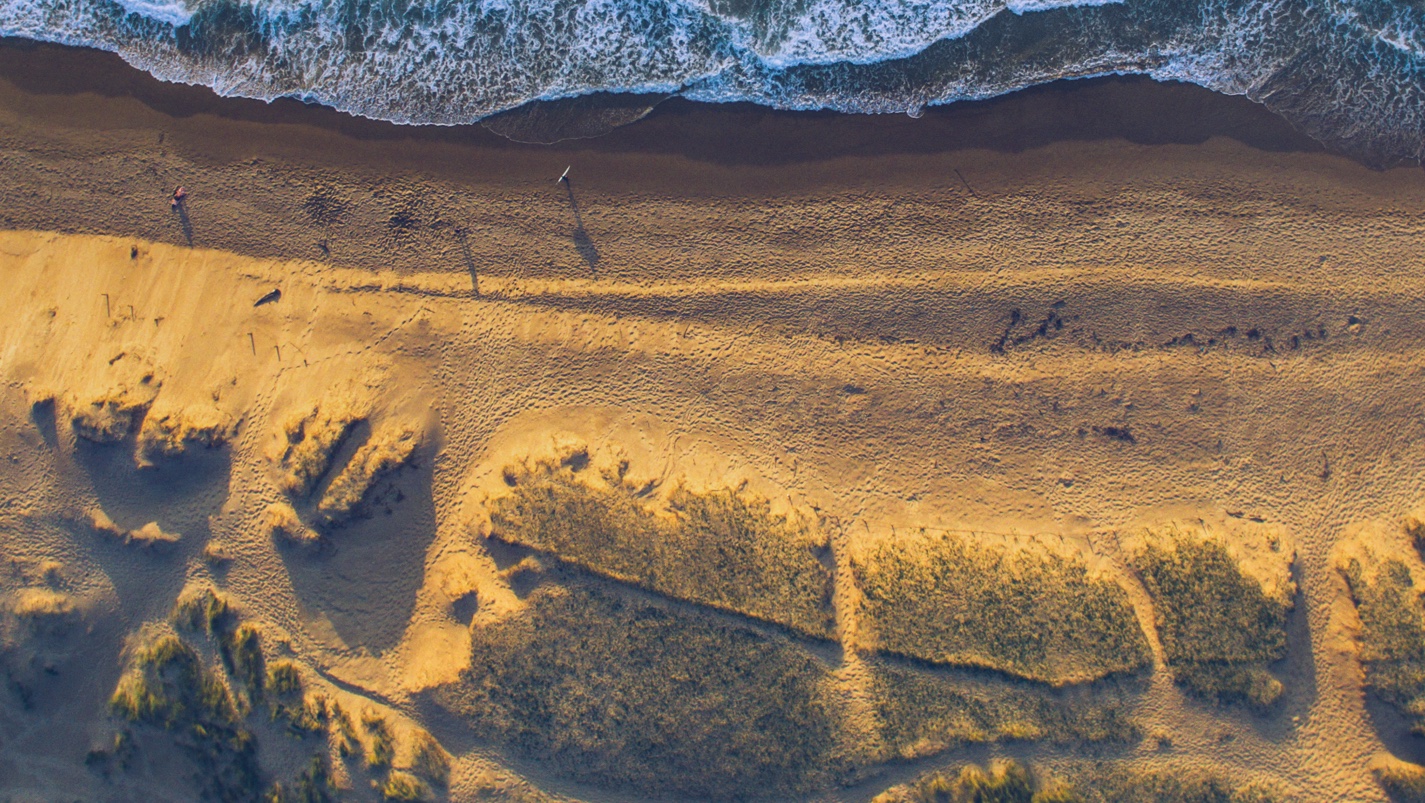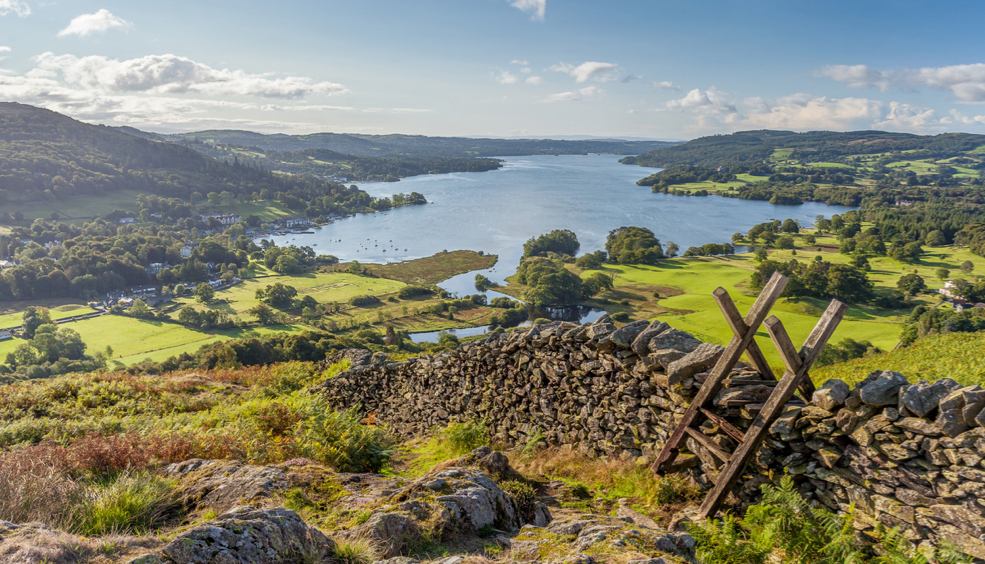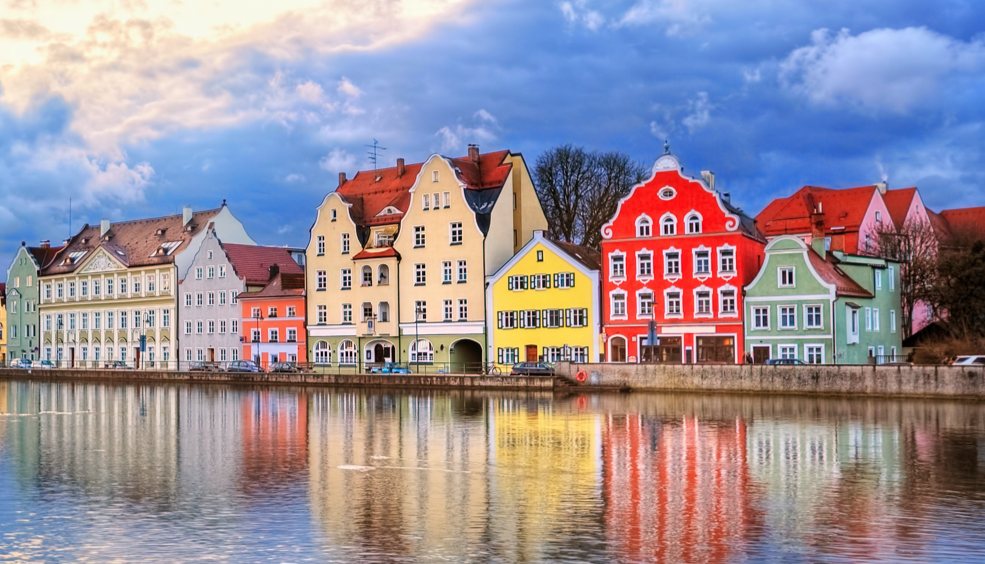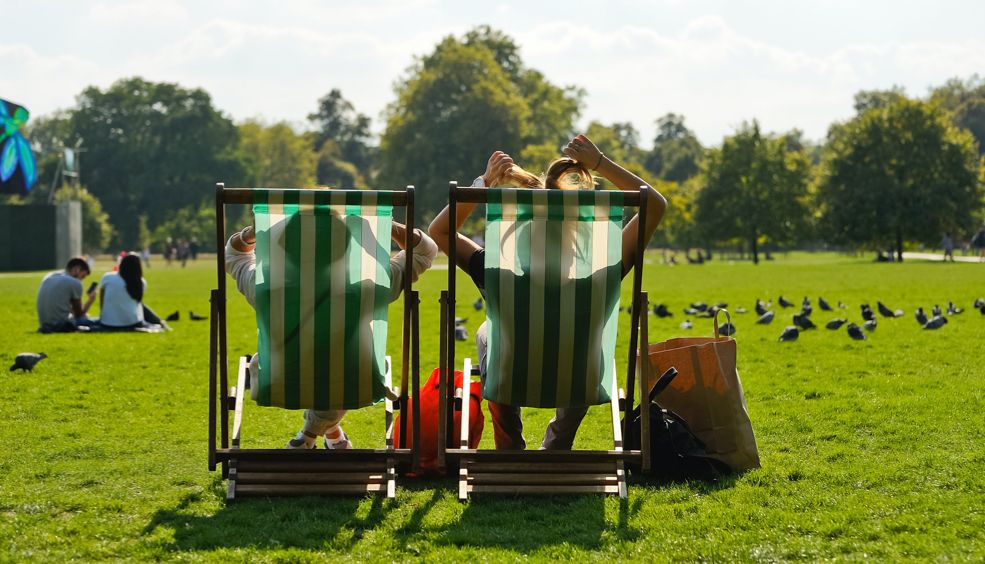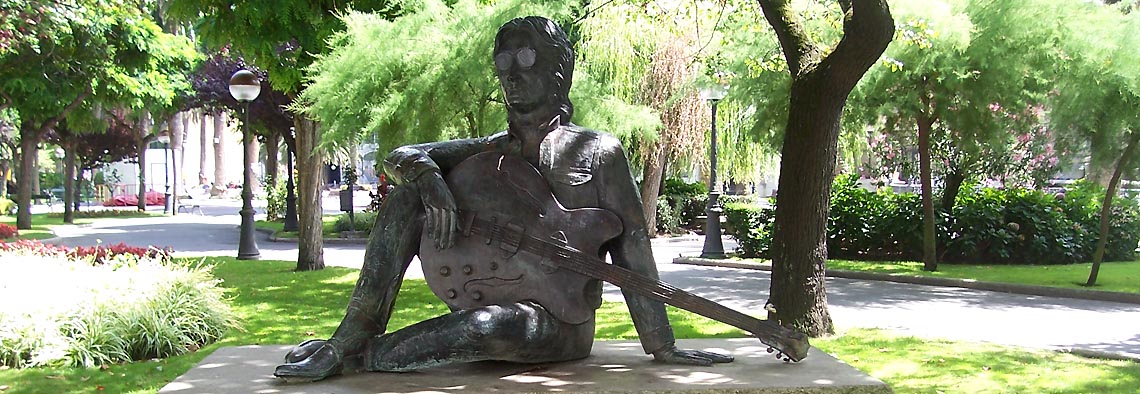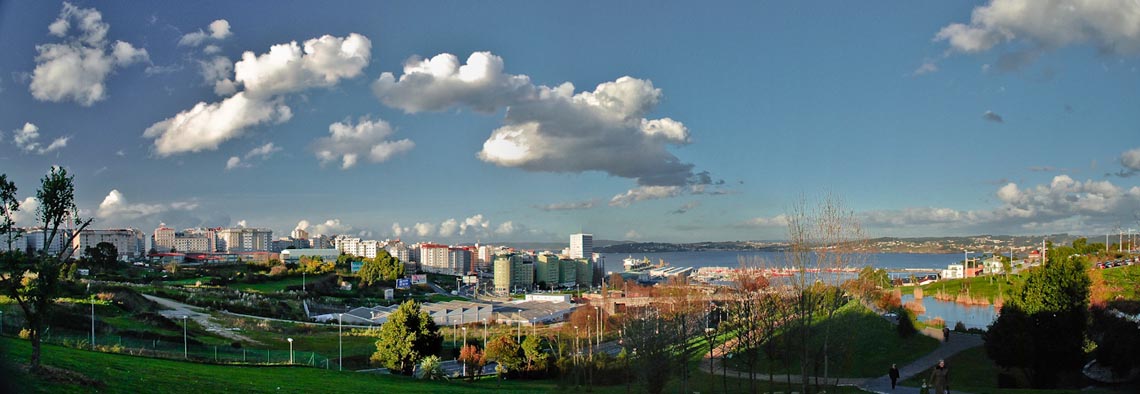Langstrasse, Im Viadukt and other delights in Zurich
14 April, 2014
At first glance, Zurich would seem to be the city of money and private banking, nice shoes and the ultimate in education, the city of luxury and shopping, of lakes and parks. But Zurich is also a city with a very interesting cultural side to it and some daring designers.
A good reference point for finding your way around Zurich is the Hauptbahnhof or, in other words, the central railway station. This enormous station will be your starting point or destination on any trip to or from the airport and from where you can catch the urban trams and buses that travel around the city. In the Swiss capital, public transport is the best option. Forget the taxis unless you want to pay about 30 euros per trip. Speaking of money, the Switzerland still uses the Swiss Franc and paying for things in euros is expensive. We recommend you use a card whenever you can. The cost of living in Switzerland is approximately two and a half times that of Spain. For example, a breakfast of white coffee and a croissant will cost you about eight euros.
Old Zurich is close to the central station, just across the River Limmat. Pedestrian cobbled streets, many bookshops and perfect for a stroll around here.
After, I head over to Langstrasse between districts 4 and 5. A Swiss friend highly recommended it to me because it is the best place to find the most modern and exciting part of the city.
Langstrasse was once a rather vulgar street – if that word can be used to describe the this luxurious city– where you can still find the odd erotic cinema and presumably a few places devoted to decadence. However, the modern reality is completely different. Langstrasse is where we can find such original cultural offerings as Perla-Mode. I walk inside and allow myself to be seduced by the words of Stefan. Perla-Mode is, according to Stefan, a group of artists who have taken over number 84 Langstrasse to develop contemporary art, thought and culture. A series of different rooms enable artists to exhibit their works, people to attend informal talks and chats on culture, art and anthropology and also house an improvised cinema built using old seats from the football stadium and wooden palets to show films that are later discussed in a small room. Wonderful. Perla-Mode consists of the Corner College and Motto Books, where you can find numerous books and magazines on architecture, photography and design from all over the world. Stefan tells me that there are plans to demolish the building to build housing blocks and that Perla-Mode will most probably no longer exist in February 2012. If you are in the Swiss capital before then, it is worth calling by to meet this group of artists to see what they have done to the place.
Just opposite Perla-Mode, I find Soho – an enormous erotic clothing store with various fetish items, leather boots and, as Sonja explains (the girl who approaches me as I enter the shop), things to help make life a little less boring.
I make my way along Langstrasse and find many more shops, some more interesting than others. I’m heading towards Joseffstrasse, following the directions given to me by the people of Zurich. Langstrasse itself is home to all kinds of shops: shoe shops, food outlets, kiosks, fashion shops, etc.
Before stopping to eat somewhere that was recommended to me, the Bistro Föifi 30 at 48 Josefstrasse, I venture over to explore a curious-looking shop, Senior Design Factory. Seduced by the window display, I walk inside and speak to one of its creators, Deborah Biffi, who tells me the story of this social design project that she began in 2008 with her partner Benjamin Moser. The history of Senior Design Factory began with a university degree project they decided to move from paper to reality and which materialised in the space where I’m standing. The project seeks to work with older people no younger than 75. They work with them on the creation of hand-made craftwork designed by them. All the wisdom and experience of many years manifested in wonderful decoration items. Some of them are rather surprising: from kitchen items to lamps or household decorations. Wool is a main feature of the items on sale in this shop. On Saturdays, workshops are held in which the older people teach youngsters the secrets behind their creativity.
The shop itself and its social purpose fascinated me and I was chatting for a long time with Deborah. As I leave, I see that the Bistro Föifi 30 is full to bursting and I am recommended a Turkish restaurant on Gasometerstrasse, Bar Valentins. After a bite to eat, I head down Josefstrasse towards the viaduct. I am told there are some very interesting things to see over there, and they were certainly right.
Before reaching the viaduct, I find Josefwiesse – a lovely park where parents are playing with their children and where others can have a drink while the kids run around in the park. A touch of the mountain countryside in the heart of the city.
As I leave Josefwiesse, I come across the famous viaduct. It is right next to the park and called Im Viadukt on Viaduktstrasse. Each archway of the viaduct is home to a fashion shop, a bar or another of many varied businesses. I take a look around and decide to enter Famous Ape. An original Swiss shop with two establishments: this one in Zurich and another in Geneva. Anina tells me a little about the shop and lets me look around. Goyagoya is another of the shops I decide to take a closer look at. Women’s clothing from German designers and some hard-to-find brands because they produce their work using traditional methods. 52 different shops and a market, the MarktHalle. Accessories and bicycles in Velos, workshops like Daniel Blunschi, flowers in Marsano, hairdressing and clothing in Fashionslave or fashionable bars like Ambrossi Coffee Bar.
I leave the area to head over to the Cabaret Voltaire, temple to Dadaism and a must-see in Zurich. Before I get there, I stop off to visit the city’s great lake. I sit on a bench, like many other locals, and stare at the ducks, the Alps in the background and the edge of Zurich as it surrounds the lake.
The Cabaret Voltaire smells of history. In fact, it has a room containing exhibitions and where they offer performances that maintain the spirit that gave rise to the Dada movement. I like what I see and have a beer in the bar at the Cabaret Voltaire. Before leaving the culture centre, I visit the shop to buy a piece of history in the form of a souvenir.
In the evening, I go for a few beers at Sihlcity – a leisure centre that has risen out of the ruins of an old factory. In the middle of the square, they have kept the characteristic chimney that provides the industrial feel that the surroundings cry out for. There are hotels, shops, restaurants and a disco and concert hall, the Papiersaal, where you can have a few drinks of an evening.
Why not take a trip to Zurich? Have a look at our flights here!
14 April, 2014

